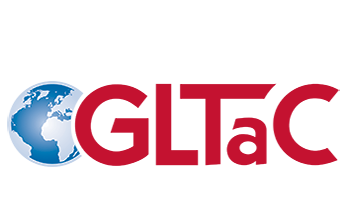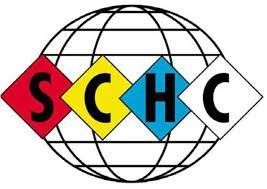Certified Services
Translation Certification Standards: A Critical Look
What is a “Certified” Translation?
Legal requirements for a certified translation include:
- Accuracy: The translation must be a true and accurate representation of the original document.
- Completeness: The translation must include all elements of the original document.
- Certification Statement: The translation must include a signed statement from the translator or translation agency that verifies the translation's accuracy and completeness. The statement should also include the translator's name and contact information and the date of the translation.
- Translator's Signature: The translation must include the signature of the translator who certified the translation.
Normally, there is a statement reflecting “to the best of their ability” in the certification language. So what is not stated in the certification?
- That the translation is error-free.
- That the translation is “fit for purpose”
- That the translation is regulatory compliant (if applicable).
- That the translator has the appropriate experience or background to do the translation correctly.
Some of these items may be implied, but as anyone with experience in the language industry knows, you can receive a poor “certified” translation, but it will presumably be “accurate and complete” to the best of the linguist’s ability.
Where Expertise Meets Accountability in Translation Certification
GLTaC: Certification Services You Can Count On

A select few Language Service Companies go beyond that bare minimum to be more specific with their certification statements, such as the GLTaC certification statement:
- GLTaC certifies that our translators are fluent in both the Source and Target languages and have education and/or experience in the fields of chemistry, biology, and toxicology as they pertain to Environmental, Health and Safety. In addition, the translator is knowledgeable of the regulatory environment, country-specific and global, as it applies to their location. Where applicable, the most recent chemical compliance regulations or client-specified references were followed at the time of translation. The translations provided are true, complete, and accurate translations, to the best of our knowledge and ability at the time the translation was completed.
As you can see, not all certification statements are equal, and certified translations may contain errors just as much as uncertified translations do depending on the skill and background of the linguist. Is your LSC also offering to certify machine translations or AI-generated translations? You, as the purchaser of language services, must consider the impact and opportunity for errors, even with a “certified” translation.








